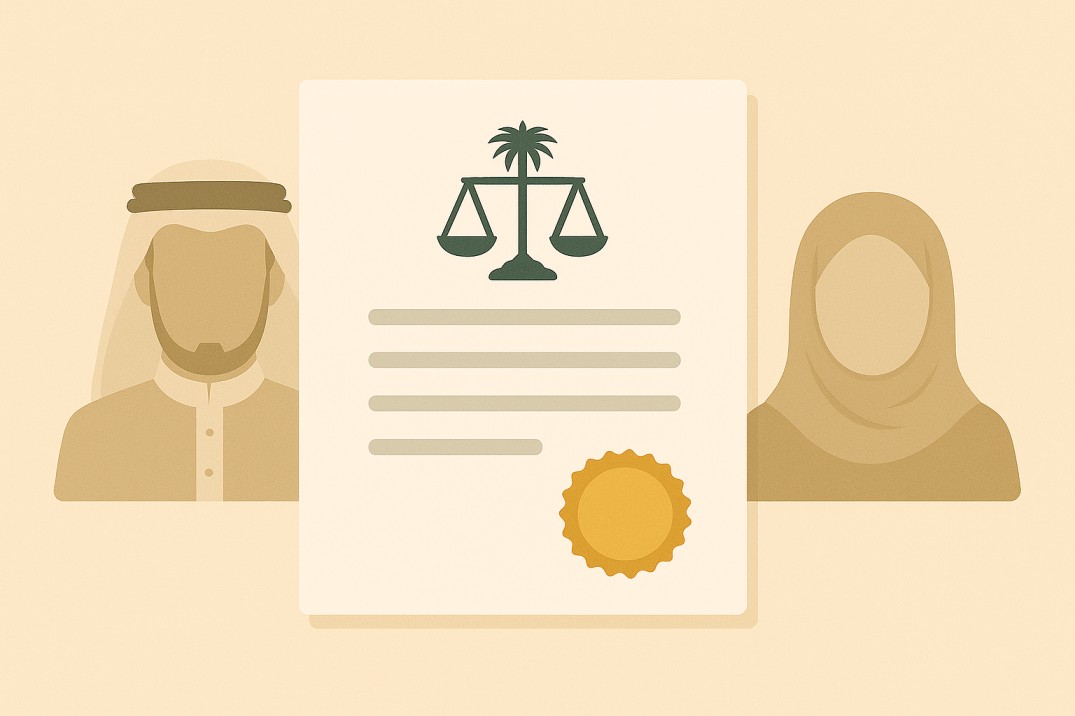Compliance with Personal Data Protection Law (PDPL)

Compliance with the Personal Data Protection Law (PDPL) in Saudi Arabia
Introduction:
With Saudi Arabia’s growing digital transformation, protecting personal data has become a core pillar of digital trust. The PDPL was issued under the supervision of the Saudi Data and Artificial Intelligence Authority (SDAIA) to protect individuals’ rights and ensure institutional compliance.
What is the PDPL?
The Personal Data Protection Law is a legal framework that regulates how personal information is collected, stored, and used in Saudi Arabia. It requires organizations to obtain explicit consent, clarify the purpose of data use, and implement strong security controls.
Key Legal Obligations:
- Obtain prior consent before collecting or processing personal data.
- Inform data subjects of their rights transparently.
- Ensure secure storage and prevent unauthorized access or leaks.
- Do not share data with third parties without legal grounds or user consent.
- Define data retention periods and delete data after purpose completion.
What are the penalties for violations?
The executive regulations state that violators may face fines up to SAR 5 million and even imprisonment up to two years in severe cases involving intentional breaches.
Supervising Authority:
The Saudi Data and Artificial Intelligence Authority (SDAIA) oversees implementation and has launched a National Center for Personal Data Protection to monitor compliance and receive complaints.
Does it apply to foreign companies?
Yes. The law applies to any entity processing the personal data of individuals within the Kingdom, including international companies offering services inside Saudi Arabia.
Effective Date:
The law became effective in March 2022, with a grace period extended until March 2024 to allow entities to update their policies and systems accordingly.
Helpful Resources:
Conclusion:
PDPL compliance is now a legal necessity for all organizations dealing with personal data in Saudi Arabia. To protect your company, review your privacy policies, align with the law, and consult legal experts when needed.





Comments